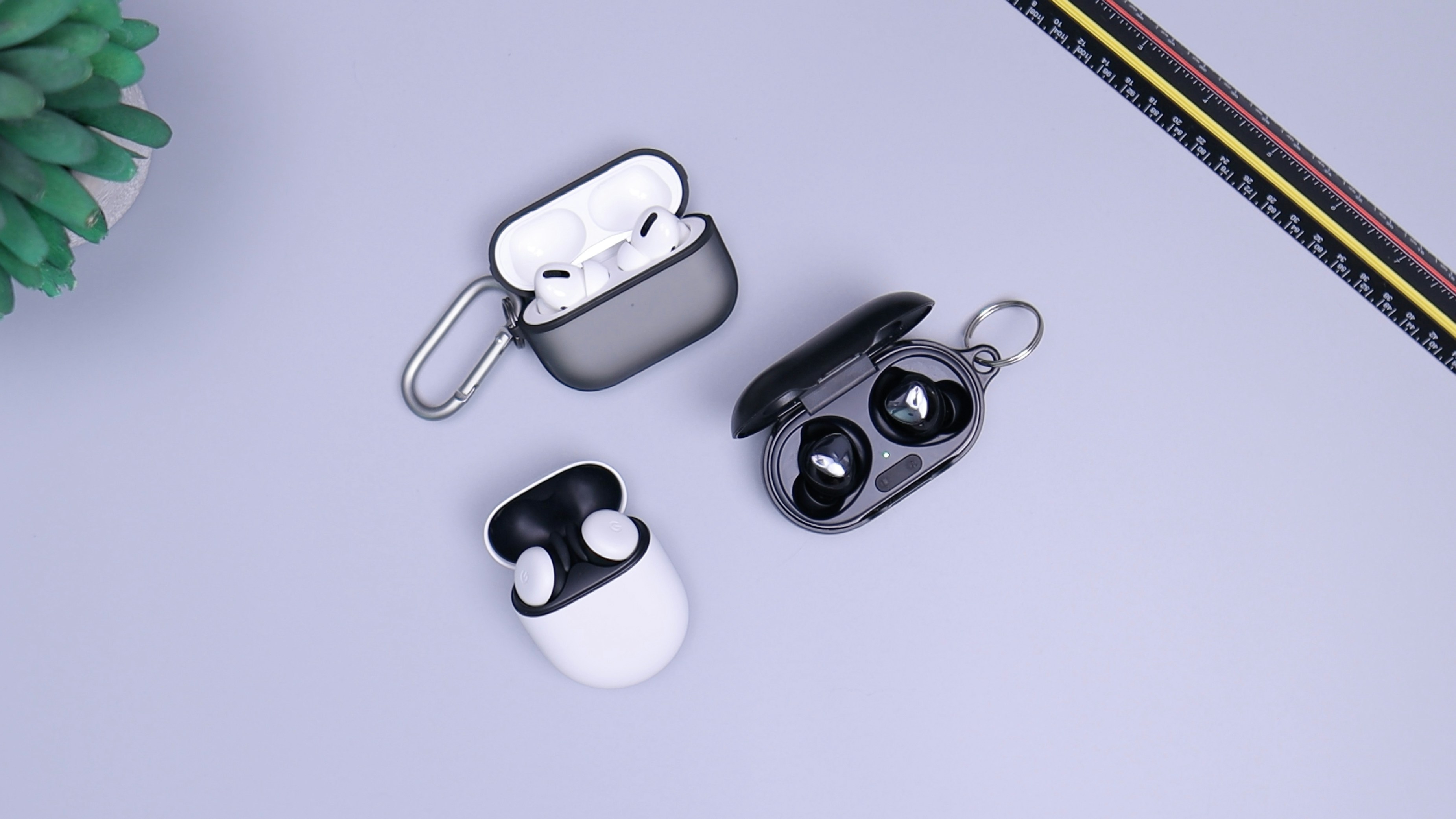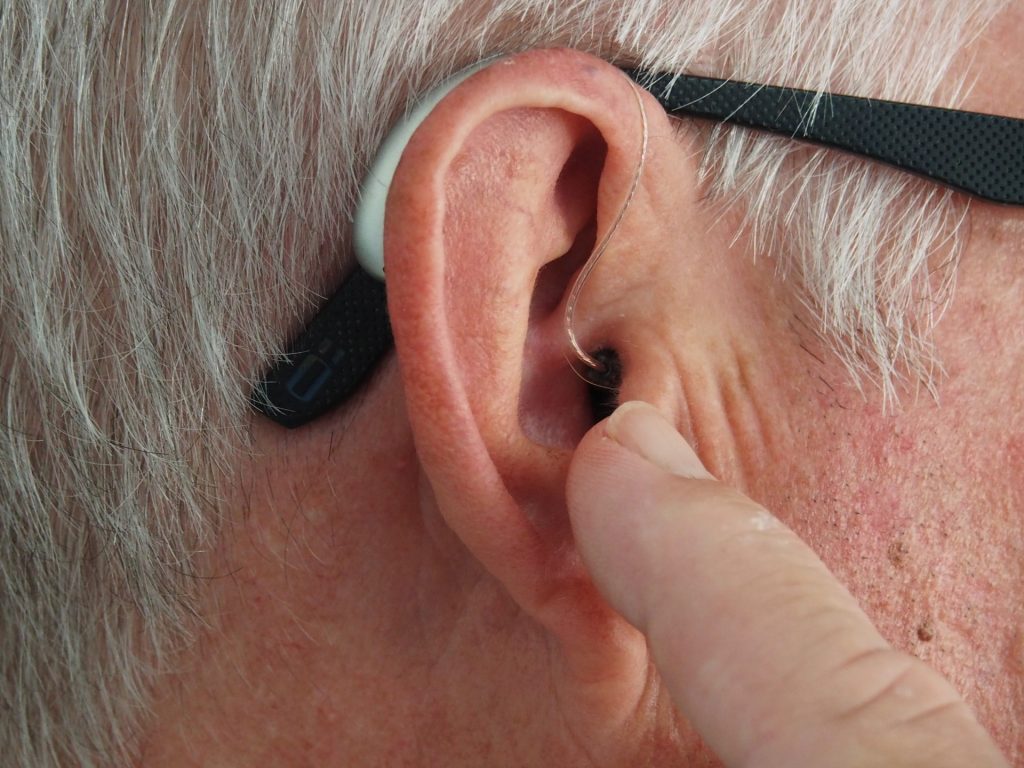Most people who suffer from tinnitus describe it as a feeling of discomfort brought about by a ringing, whistling, or hissing sound in the ear. While the main cause is still unknown, a preexisting medical condition, age, or exposure to loud noise can worsen it.
Tinnitus can be subjective, where only you can hear the tinnitus sound. This type of tinnitus is the most common and is caused by damage to the inner ear. With objective tinnitus, the audiologist is also able to hear the tinnitus sound.
Common Symptoms and Risk Factors for Tinnitus
Symptoms of tinnitus vary on an individual level. Common risk factors for tinnitus include:
- Exposure to noise, at a loud concert for instance
- Old age
- Gender: men are more likely to experience tinnitus
- Earwax build-up
- Heart diseases
- Head injury

Tinnitus can have a significant impact on the sufferer’s quality of life, and while symptoms vary, tinnitus is often accompanied by:
- Exhaustion
- Stress
- Insomnia
- Poor brain focus
- Anxiety and depression
- Poor appetite
There is still no known cure for tinnitus, but treating these symptoms can bring about significant tinnitus relief.
Tinnitus Diagnosis and Treatment
A study conducted by the American Tinnitus Association (ATA) found that “While tinnitus is most often triggered by hearing loss, there are roughly 200 different health disorders that can generate tinnitus as a symptom.” In most cases, tinnitus accompanies hearing loss, and an audiological exam with a hearing specialist is an important first step to finding an effective treatment option. After the hearing test, your audiologist may recommend hearing aids.

Benefits of Hearing Aids for Tinnitus Treatment
Individuals suffering from hearing loss and tinnitus may find relief from the use of hearing aids. A hearing aid is an electronic device fitted behind the ear, or relief in the ear canal of the wearer and improves an individual’s hearing by making sound audible to the wearer. They work by using an in-built sound amplifier, microphone, and speaker to adjust background noise levels, according to the degree of hearing loss.
The best hearing aids for tinnitus treatment augment external sound to a level that covers the perception of tinnitus, this is known as tinnitus masking. Common hearing aid manufacturers include Starkey Hearing Technologies, Oticon, Widex, Phonak Tinnitus Balance Hearing Aids, and Signia Ace primax.
Starkey’s Tinnitus technology incorporates multiflex tinnitus technology, a new technology that allows the hearing aid user to customize the background noise to a level that masks tinnitus symptoms. Alternatively, modern hearing aids like Phonak‘s tinnitus balance hearing aids come equipped with a broadband noise generator and a smartphone sound therapy app. They work by applying principles of sound therapy and provide ambient sound for the brain to focus on. This makes the tinnitus sound harder to recognize and fixate on. These hearing aid features make them the best hearing aid option for chronic tinnitus treatment.

What Is CBN?
If you’re wondering “What is CBN?” Know that CBN is a cannabinoid, a chemical product found in older cannabis plants. The cannabis plant has different cannabinoids with the most common cannabinoids being CBD (cannabidiol) and THC (tetrahydrocannabinol). Most scientists consider CBN to be the first cannabinoid.
Unlike THC, CBN is only mildly psychoactive, which means that it has no intoxicating side effects on the user. For this reason, it can be used effectively as anti-inflammatory relief for chronic pain e.g. arthritis, a sleep aid, an appetite stimulant, pain relief, and treatment for bacterial infection. CBN products are available as tinctures, salves, oils, edibles, or capsules.
While there is still no known cure for tinnitus, the therapeutic effects of these cannabinoids on brain focus, mood, and overall health are alternative treatment options for tinnitus symptoms.






